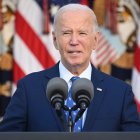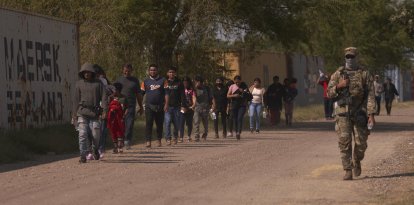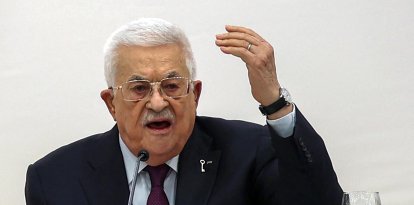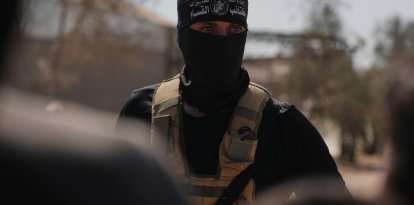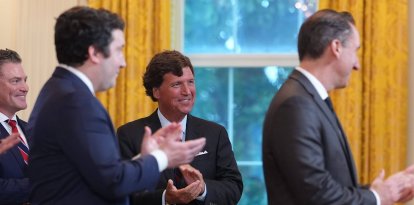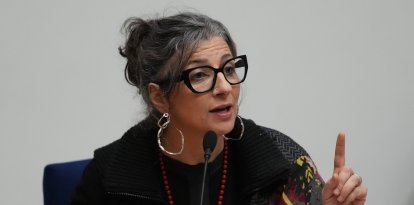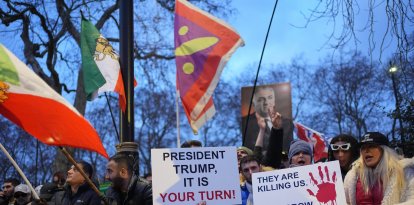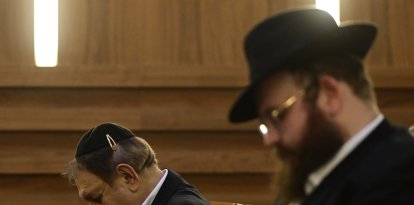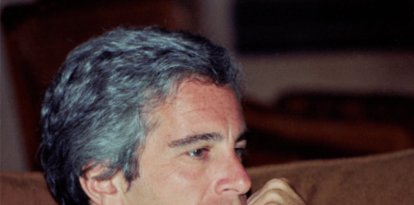Ceasefire between Israel and Hezbollah: It is now up to the UN and the Lebanese government
If the United Nations and Lebanese authorities truly wish to change the situation, as they claim, they must prevent Hezbollah from establishing a presence in southern Lebanon or rearming—not just for 60 days, but permanently.
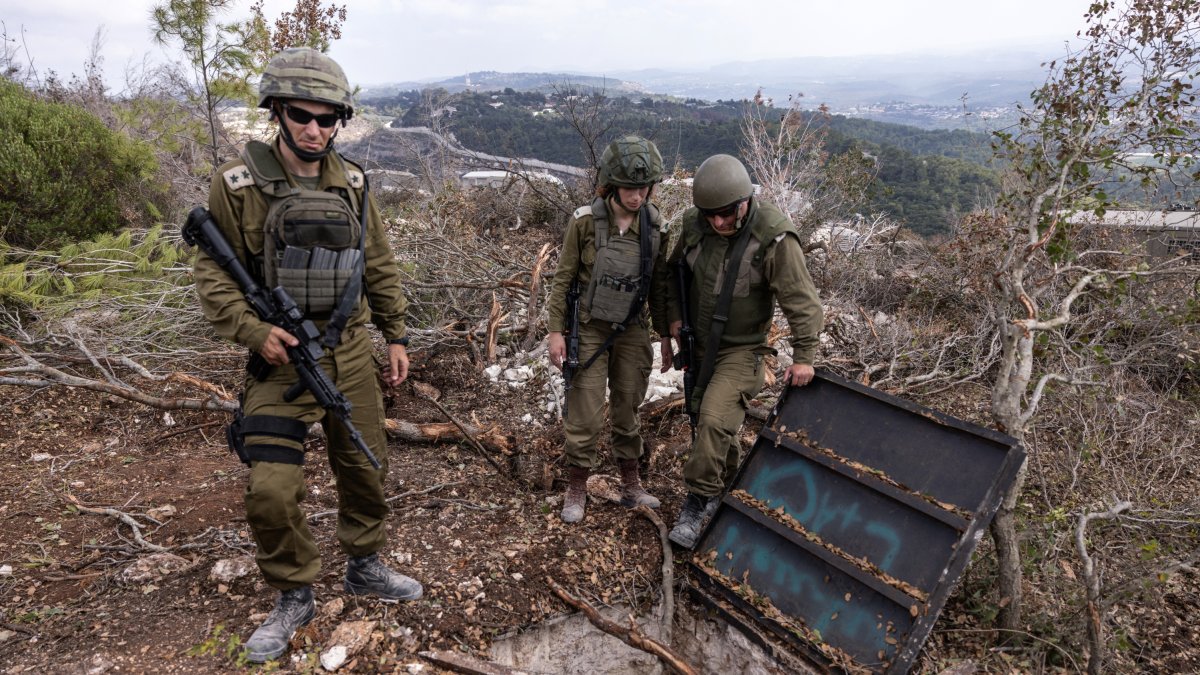
Israeli soldiers next to a Hezbollah tunnel in Lebanon.
Israel and Lebanese terrorist group Hezbollah reached a 60-day ceasefire agreement that went into effect Wednesday morning.
Prime Minister Benjamin Netanyahu has faced criticism for advancing this agreement, even from members of his own governing coalition. Critics argue that it will strengthen Hezbollah. However, it is important to remember that Israel’s fight against Iranian-backed terrorism is being fought on multiple fronts, and the ceasefire follows a period in which the Jewish state delivered significant blows to the Lebanese Islamist group.
Following the October 7 attack, the Israeli counteroffensive naturally focused on the Gaza Strip. However, one day after the brutal attack in southern Israel, Hezbollah decided to enter the conflict and began attacking the Jewish State from the north. Approximately 100,000 Israelis residing near the border with Lebanon were forced to leave their homes.
Additionally, we must consider the two attacks launched by Iran, involving hundreds of ballistic missiles and drones, along with sporadic Houthi offensives from Yemen, several terrorist attacks inside Israel, and the ongoing threat from the West Bank.
All this generates a huge expenditure of resources, fatigue and distress among the population and loss of civilian and soldier lives. It is a complex, stressful and sad situation, but absolutely necessary, as the Jewish State is the only country on the planet still fighting for its existence. As Arab-Israeli activist Yoseph Haddad said in statement to VOZ shortly after the October 7 massacre, "This is Israel's Second War of Independence."
Benjamin Netanyahu acknowledged, before the ceasefire agreement was reached, that there were delays in delivering weapons and ammunition to soldiers fighting in Lebanon.
As mentioned, Israel never finalized the agreement. However, after delivering heavy blows to Hezbollah—eliminating its entire top leadership, including leader Hassan Nasrallah—and inflicting thousands of casualties in "Operation Grim Beeper (as it is informally known), Israel struck a significant blow when the beepers and walkie-talkies of Hezbollah members exploded during a mission attributed to Israel, killing dozens.
Netanyahu claimed that Israel succeeded in setting Hezbollah back "decades," and one does not have to be an expert on Middle East to realize that this is indeed the case. This is why the terrorist group agreed to the ceasefire.
Netanyahu emphasized that Israel needed to temporarily focus on Gaza in order to complete the mission there as effectively as possible.
The UN and the Lebanese government must do their job
Netanyahu also warned that if Hezbollah violates the agreement, Israel will take decisive action. It is crucial that he upholds his promise, ensuring that any humiliation remains with the Lebanese terrorist group.
It is essential that the UN and the Lebanese government finally fulfill their obligations and uphold the agreement. Until now, they have allowed Hezbollah to operate freely, even bribing members of the United Nations Interim Force in Lebanon (UNIFIL) to use their positions in southern Lebanon. This failure has forced Israel to intervene in southern Lebanon to do the job that should have been handled by UN forces and Lebanese authorities.
Under the terms of the agreement, Hezbollah and Israel must cease hostilities, and the Israeli army is required to gradually withdraw from southern Lebanon. Additionally, the agreement calls for UNIFIL to finally implement UN Security Council Resolution 1701, passed in 2006 after the Second Lebanon War. This resolution mandates, among other measures, the disarmament of terrorist groups and the relocation of Hezbollah north of the Litani River to prevent further attacks on Israel.
The agreement also stipulates that only Lebanese security forces and the Lebanese army will be permitted to carry arms or deploy troops in southern Lebanon, and that only official Lebanese security forces will be allowed to establish a presence along the border with Israel.
A joint committee, agreed upon by Israel and Lebanon, will be established to oversee and assist in the implementation of the commitments. Both countries will also report any potential violations of the agreement to the committee and to UNIFIL.
However, Resolution 1701 should have been implemented nearly 20 years ago, which could have prevented this conflict. Yet, all signs suggest that it is not in their best interest to restore peace to the region.
If the Lebanese government and the UN genuinely want to change the situation, as they claim, they cannot allow Hezbollah to establish itself or rearm in southern Lebanon—not just for 60 days, but permanently. Israel is ready to assist them in fulfilling their obligations and taking a step toward peace in the Middle East. The responsibility now lies with them.





